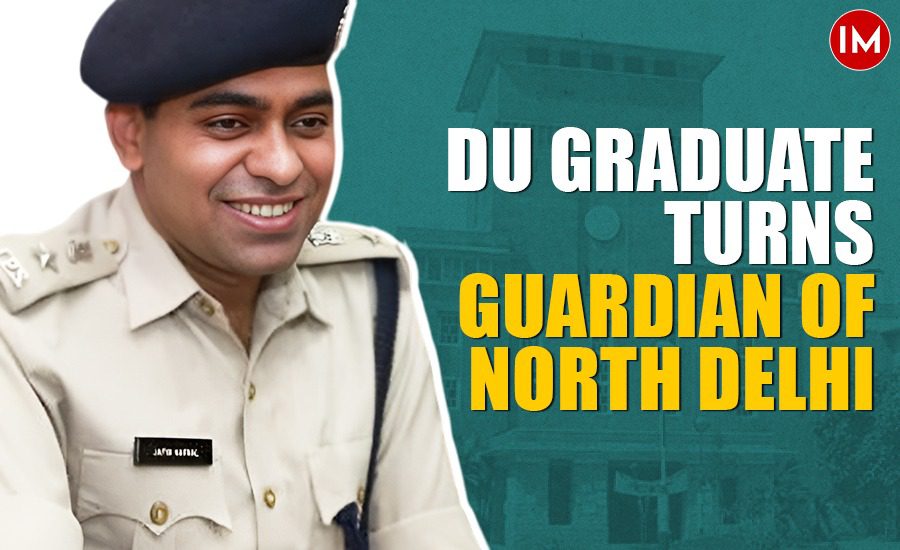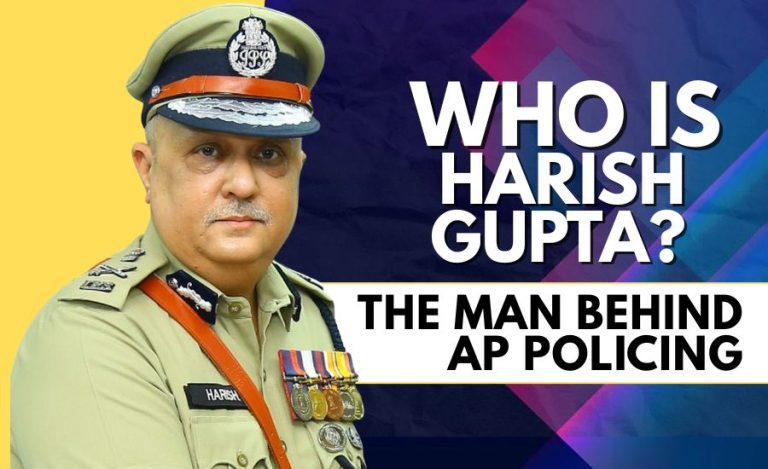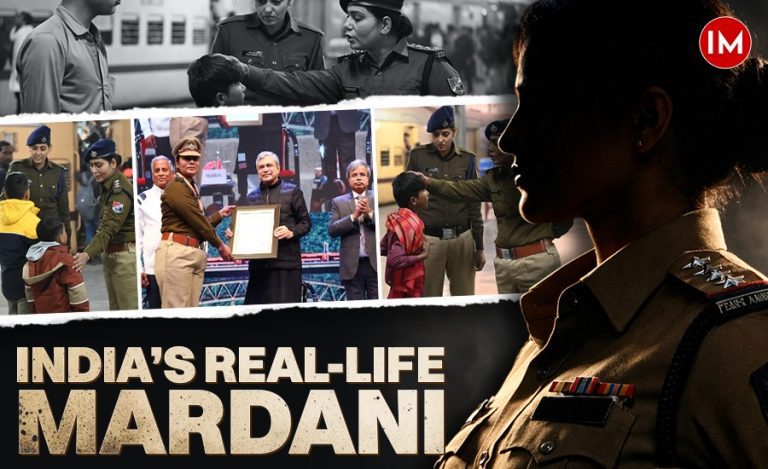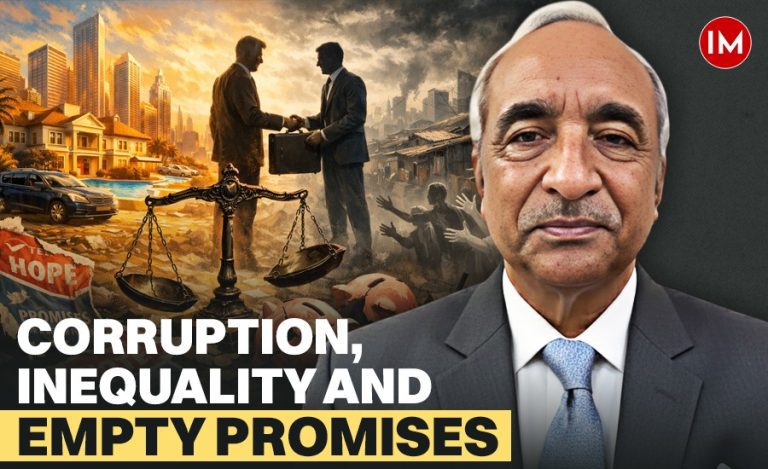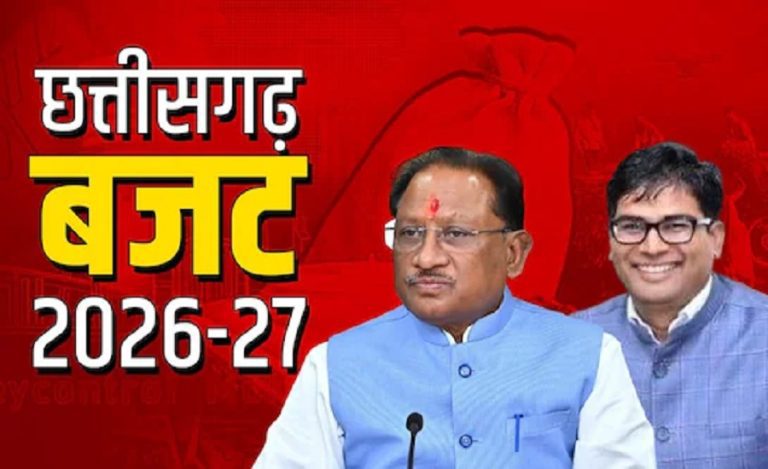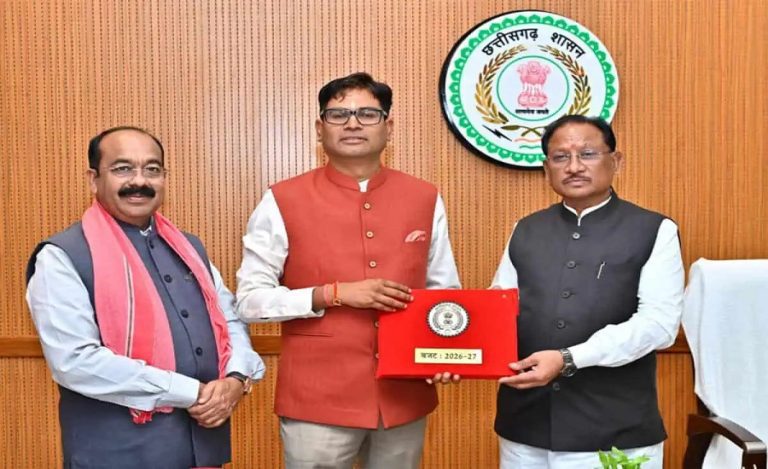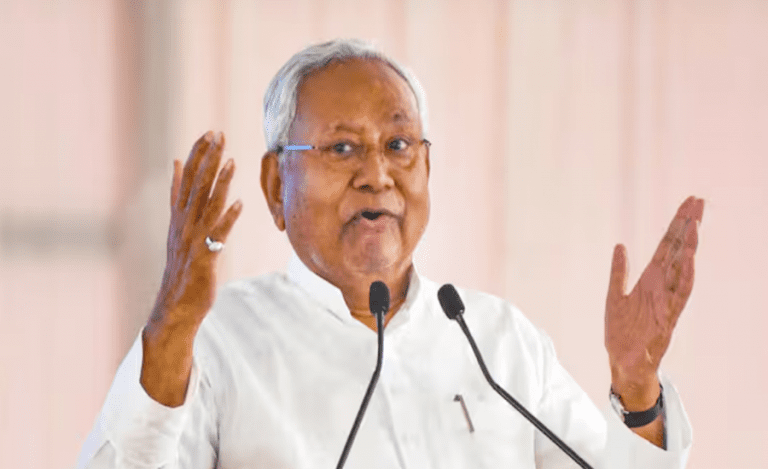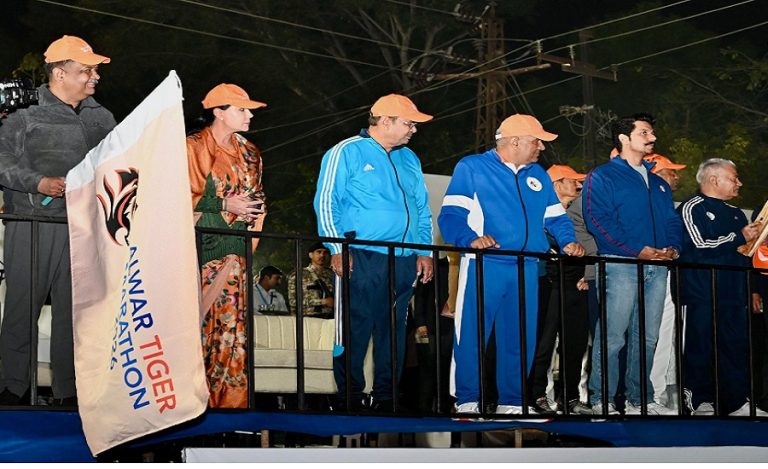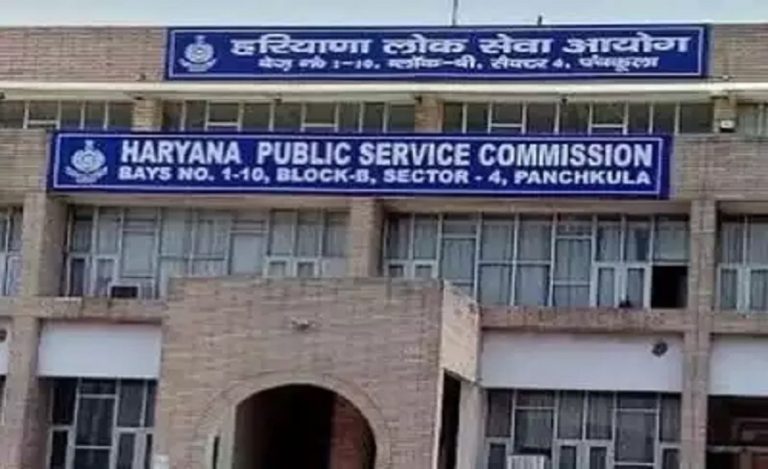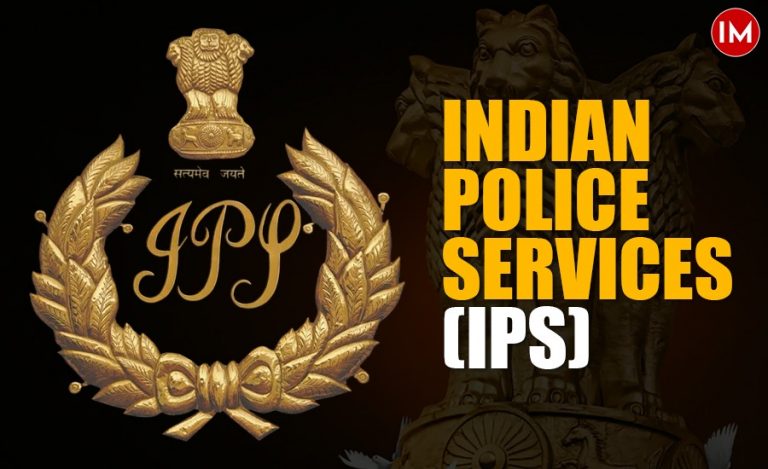Years before he wore the uniform, Jatin Narwal walked the corridors of Hans Raj College with a quiet sense of purpose. A student of History (Hons), he wasn’t the loudest in class, but he was among the brightest. He topped his college and ranked among the university’s best, choosing library corners over leisure and precision over popularity. At that time, Delhi University was a dream. Later, it would become his responsibility.
Fast forward to today, and the same North Campus, once the stage for his academic pursuits, now falls under his jurisdiction as part of his role in the Delhi Police. What was once a student’s playground has become a city’s pulse point, and IPS Jatin Narwal is now the man tasked with keeping that pulse steady.
THE POLICEMAN WITH A PLAN
A 2006-batch IPS officer of the AGMUT cadre, Jatin Narwal, is not one to chase headlines. However, those who have worked with him or closely watched his operations know that he plays a long game. Early in his career, he served as Superintendent of Police in East Singhbhum, Jharkhand, before taking charge in the Andaman and Nicobar Islands. Each post added a layer, handling insurgency, island logistics, or urban policing, and helped shape a style that was methodical, composed, and sharply attentive to detail.
When he returned to the Delhi Police, he was posted as Deputy Commissioner of Police (North). The assignment wasn’t just administrative; it was symbolic. The area included Delhi University’s North Campus, Chandni Chowk, and parts of Old Delhi, where street chaos meets political sensitivity. If Delhi were a living organism, North District would be its nervous backbone.
And Jatin Narwal was right in the middle of it.
WHEN SECONDS COUNT, HIS TEAMS DELIVER
One late evening in April 2018, robbers looted nearly ₹14 lakh from a trader in Old Lajpat Rai Market. Panic spread fast. Narwal’s response was faster. He deployed teams across choke points, ordered a forensic-led scan of CCTV footage, and tapped into mobile tower dumps. Within twelve hours, the culprits were in custody. Cash, weapons, and a stolen motorcycle were all recovered.
It wasn’t an isolated case.
From managing Independence Day security protocols with three-month lead-ups to jumping into action during a campus snatching case, his field instincts stay sharp. In one incident, when a Delhi University student resisted a snatching attempt and was assaulted near the North Campus, Narwal didn’t just send a team; he monitored progress on the ground. Sketches were drawn. Traces were followed. Suspects were rounded up.
These aren’t just cases; they’re moments when people look to the system and hope it moves. With Narwal, it often does
NOT JUST POLICING STREETS BUT POLICING THE SYSTEM
In 2021, he was called away from Delhi to join the Ministry of Youth Affairs and Sports as Director. Central deputations are considered prestigious, and Narwal took it up without fuss. He spent nearly three years in the ministry, understanding the bureaucratic machinery at a different pace. But something was missing.
In January 2024, the ministry repatriated him prematurely to Delhi to help him align with higher promotions and bring his experience back to the field. He returned to policing, and the Delhi Police wasted no time. By February, he was appointed Joint Commissioner of Police (Security), one of the most sensitive positions in the city.
The man who once planned sports policies was now overseeing city-wide security protocols.
EYES ON EVERY CORNER
Not long after his return, Jatin Narwal initiated one of the most sweeping security audits in New Delhi. Over 110 vulnerable zones were flagged, some due to broken cameras, others due to poor lighting or lack of police presence. Areas that looked ordinary in the day turned unrecognisable at night. His teams worked street by street, camera by camera, tightening the city’s surveillance net.
He doesn’t chase tech buzzwords. But he knows how to make a city safer, one light pole and CCTV fix at a time.
WHEN THE CRISIS WALKS INTO THE OFFICE
In 2017, a distraught family attempted to set themselves on fire outside the DCP North office over a property dispute. It could have ended in disaster. Narwal didn’t flinch. He personally stepped in, ordered an immediate inquiry, and made sure the family was heard, not just managed.
These are the lesser-seen sides of policing. They don’t trend on social media. But they matter. Because sometimes leadership is about stepping away from protocol and stepping closer to people.
A FAMILY GROUNDED IN SERVICE
Behind the badge is a man who shares his life with another public servant; his wife, Anamika Narwal, is a Divisional Forest Officer. Together, they recently welcomed a daughter. Balancing field duties with fatherhood isn’t easy, but he credits Anamika for anchoring their shared commitment to public service.
It’s a household that doesn’t switch off the moment office hours end.
NO HEADLINES, JUST WORK
Jatin Narwal doesn’t give long-winded speeches. He avoids the limelight unless necessary. What he does instead is show up, do the work, and leave the noise behind. Whether he’s unravelling a robbery within hours, preparing for national security events months in advance, or responding to a family on the brink of despair, he does so with precision and presence.
Delhi Police has had many officers pass through its districts. But few have returned to the very geography that shaped them as students, only to lead it later as officers.
For Jatin Narwal, this isn’t just duty. It’s a full circle. And he’s just getting started.

